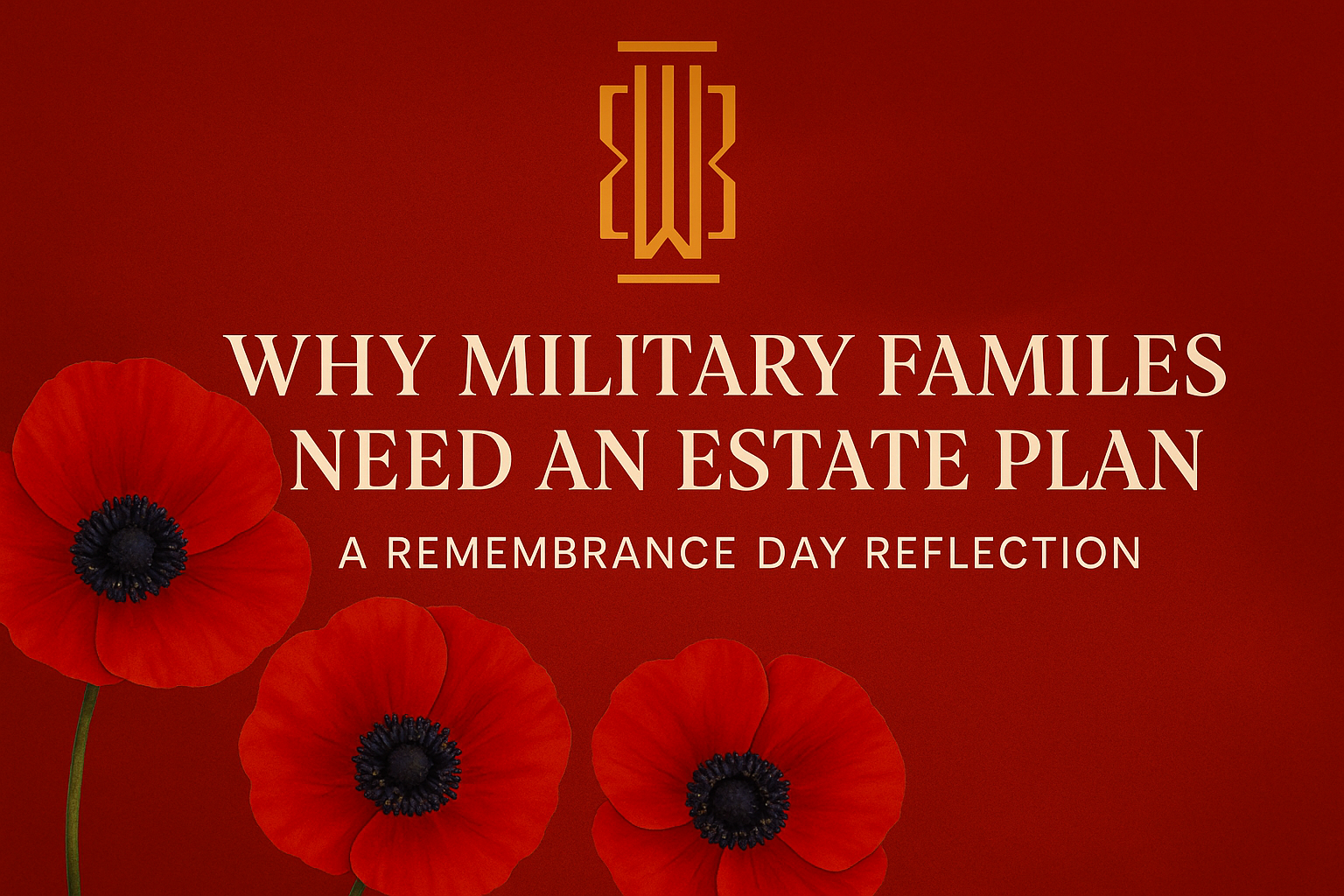Guardianship Basics in Ontario: A Clear Guide for Families
Gardianship Lawyer Toronto Incapacity
By Bobila Walker Law LLP 100 King Street West, Suite 5600, Toronto, ON M5X 1C9 416-847-1859 | daniel@bobilawalkerlaw.com Published: November 2025
When a loved one can no longer make decisions for themselves—due to dementia, stroke, mental illness, or injury—Ontario’s guardianship laws step in to protect them. This isn’t about taking control; it’s about safeguarding dignity, health, and finances when someone can’t.
At Bobila Walker Law LLP, we’ve helped many Toronto-area families navigate guardianship applications with compassion and clarity. Here’s everything you need to know.
When a loved one can no longer make decisions for themselves—whether due to dementia, a sudden stroke, mental illness, or a serious injury—Ontario’s guardianship laws provide a legal framework to protect their health, safety, and financial well-being. This process is not about taking away someone’s independence or dignity. Instead, it is about stepping in with care and responsibility when a person truly cannot manage on their own. At Bobila Walker Law LLP, we have guided hundreds of families through this emotional and complex journey with clarity, compassion, and practical solutions.
Guardianship in Ontario is governed by the Substitute Decisions Act, 1992 (SDA), a law designed to ensure that vulnerable individuals are cared for by someone they trust—or at the very least, by someone accountable to the court. The role of a guardian is court-appointed and comes with strict duties and oversight. There are two main types of guardianship. Guardianship of the person covers decisions about health care, housing, daily living, and personal safety. Guardianship of property, on the other hand, involves managing finances, paying bills, handling investments, and protecting assets. In many cases, the same person is appointed for both roles, but the court can also appoint different guardians depending on the circumstances and the best interests of the individual.
Guardianship is always considered a last resort. It only becomes necessary when a person has been formally assessed as incapable of making decisions in a specific area of their life, and there is no valid power of attorney (POA) in place to handle those decisions. Even if a POA exists, guardianship may still be required if the appointed attorney is unwilling, unable, or unsuitable to act. For example, imagine an elderly mother with advanced Alzheimer’s who never signed a POA. She can no longer consent to medical treatment or manage her pension income. In such a situation, a family member would need to apply for guardianship to legally step in and make those critical decisions.
Almost anyone over the age of 19 who has mental capacity can be appointed as a guardian. This includes spouses, adult children, siblings, close friends, or even professional trust companies in the case of complex financial matters. The court always prefers family members when possible, but the overriding principle is suitability. The person chosen must be willing, responsible, and capable of acting in the best interests of the incapable individual. If no suitable private guardian is available, the Public Guardian and Trustee (PGT)—a government office—can step in as a guardian of last resort.
The process of applying for guardianship begins with a formal capacity assessment. This must be conducted by a qualified professional, such as a physician, psychologist, social worker, or occupational therapist designated under the SDA. The assessment evaluates whether the person can understand and appreciate the consequences of decisions related to their personal care or property. The cost of an assessment typically starts at $1,200 with capacity assessors – depending on the complexity. Once incapacity is confirmed, the applicant prepares detailed court documents, including a management plan or care plan that outlines how decisions will be made. These documents are filed with the Ontario Superior Court of Justice.
Before filing, the incapable person and all close family members must be served with notice of the application, giving them an opportunity to respond. Most guardianship applications are uncontested and proceed smoothly to approval. However, if there is disagreement—such as a dispute over who should be appointed—the matter goes to a hearing where a judge reviews the evidence and makes a final decision.
Once appointed, a guardian carries significant responsibility. Every decision must be made in the best interests of the incapable person. The guardian is required to encourage as much independence as possible, involve the person in decisions to the extent they are able, and consult with family members when appropriate. For property guardians, detailed financial records must be kept, and annual accounts must be submitted to the PGT if the estate exceeds $50,000 in value. Using simple accounting software like QuickBooks can make this reporting requirement much more manageable and reduce the risk of errors during audits.
Before pursuing guardianship, families should always explore less restrictive alternatives. The ideal solution is a properly drafted power of attorney for personal care and property, created while the person still has capacity. This completely avoids the need for court involvement. Supported decision-making arrangements, where a trusted person assists without taking over legal authority, are another option in milder cases. Family mediation can also resolve disagreements before they escalate to court. In some situations, temporary assistance from the PGT may bridge the gap while longer-term plans are put in place.
Many people misunderstand guardianship. It does not strip a person of all rights—only the specific decisions covered by the court order are transferred to the guardian. The incapable person retains as much autonomy as possible in other areas of life. Guardianship is not just for adult children managing aging parents; spouses, siblings, and even close friends frequently apply.
Certain situations demand immediate legal advice. If family members disagree about who should be guardian, if there are concerns about financial abuse or neglect, if the incapable person resists the process, or if the estate involves complex assets like businesses or trusts, consulting an experienced lawyer early can prevent costly delays and emotional conflict.
At Bobila Walker Law LLP, we specialize in guardianship and elder law across the Greater Toronto Area. Our team has successfully handled hundreds of applications, from simple uncontested filings to high-conflict litigation. We offer consultations to assess your situation for standard applications, and urgent court motions within 48 hours when time is critical.
Taking the first step doesn’t have to be overwhelming. Start by having an open conversation with your family, gather relevant medical records, and reach out to a trusted guardian ship and elder law lawyer. Call us today at 416-847-1859 or email danniel@bobilawalkerlaw.com.
You don’t have to navigate this alone. With the right guidance, guardianship can be a protective and empowering process that preserves your loved one’s dignity and security.






